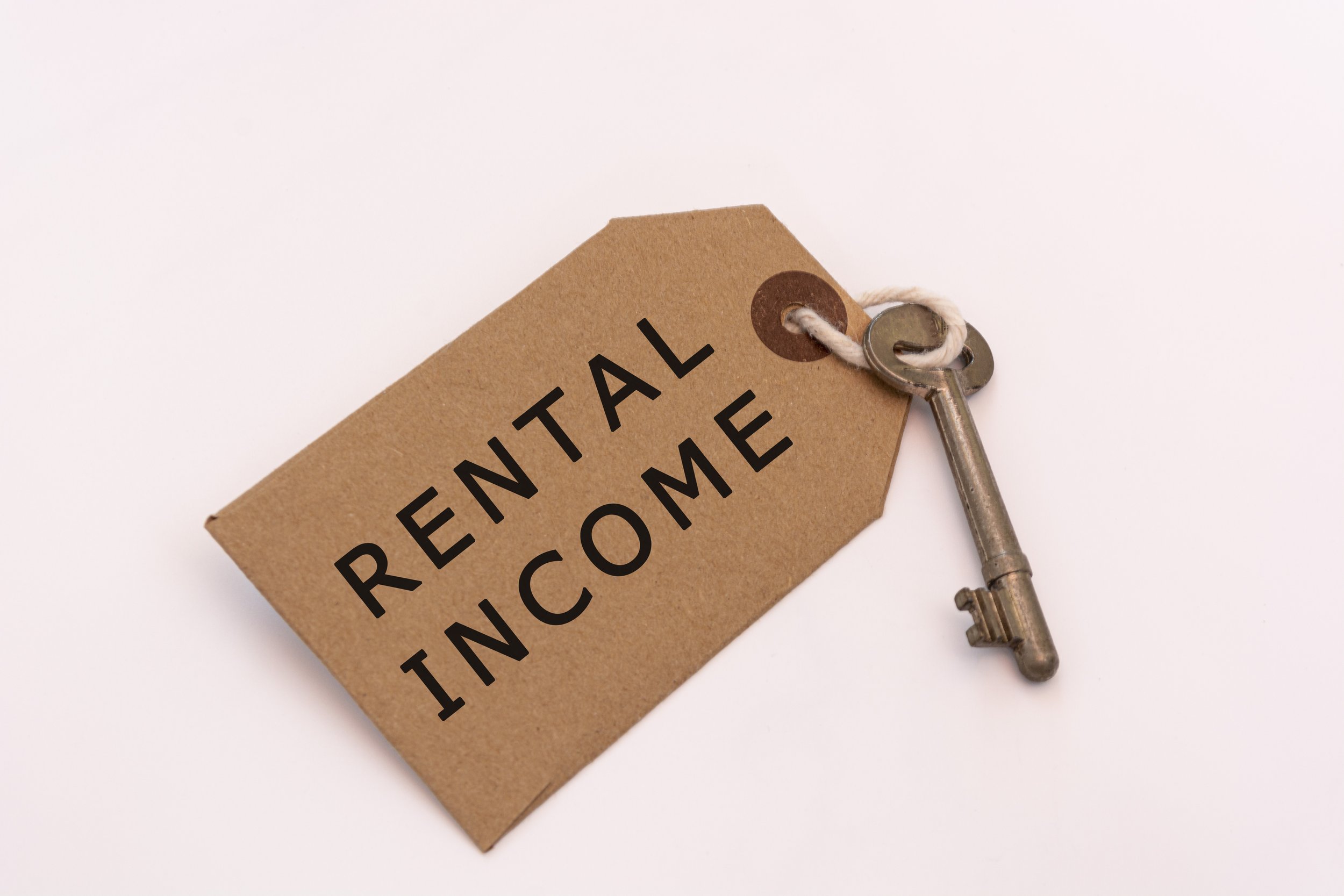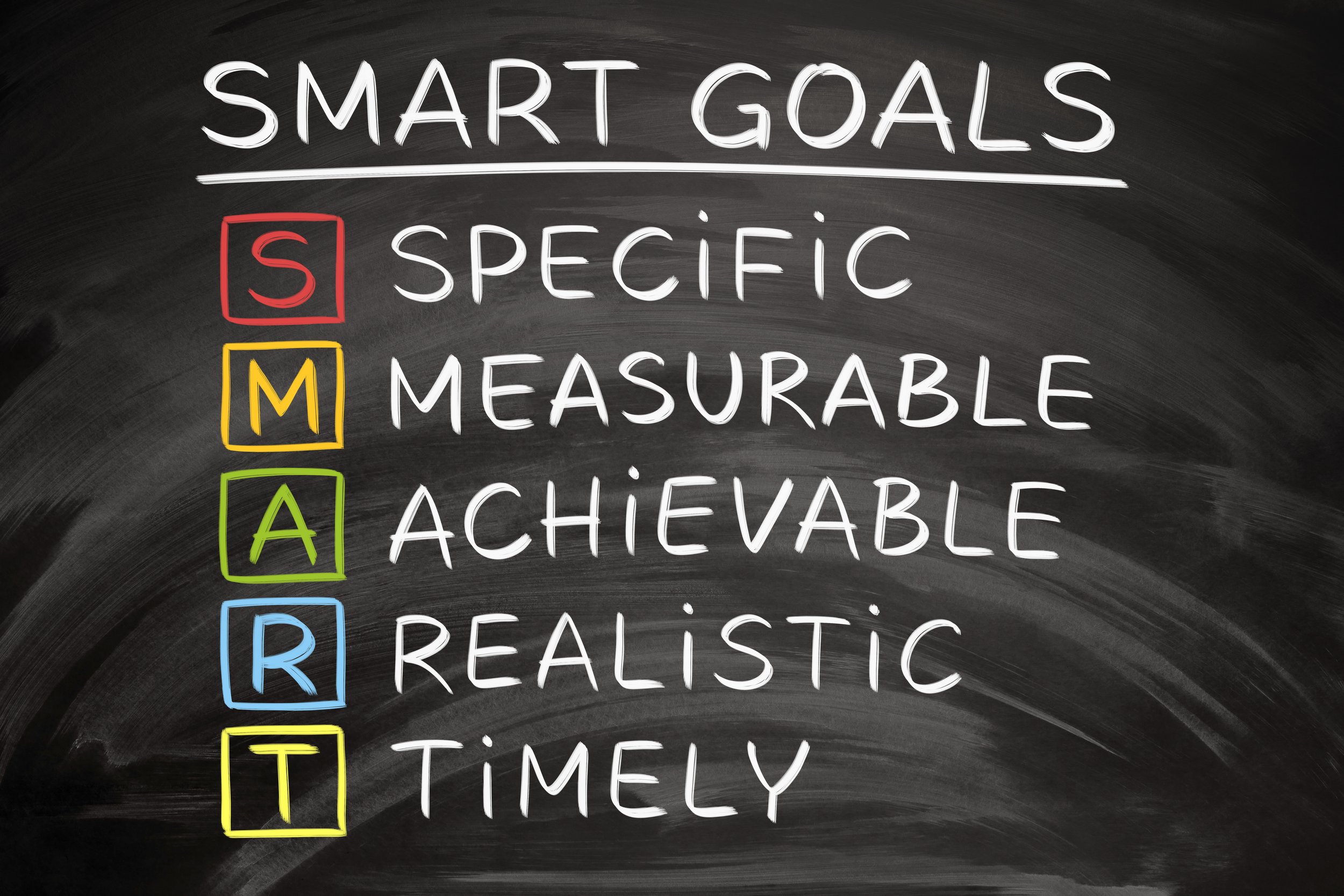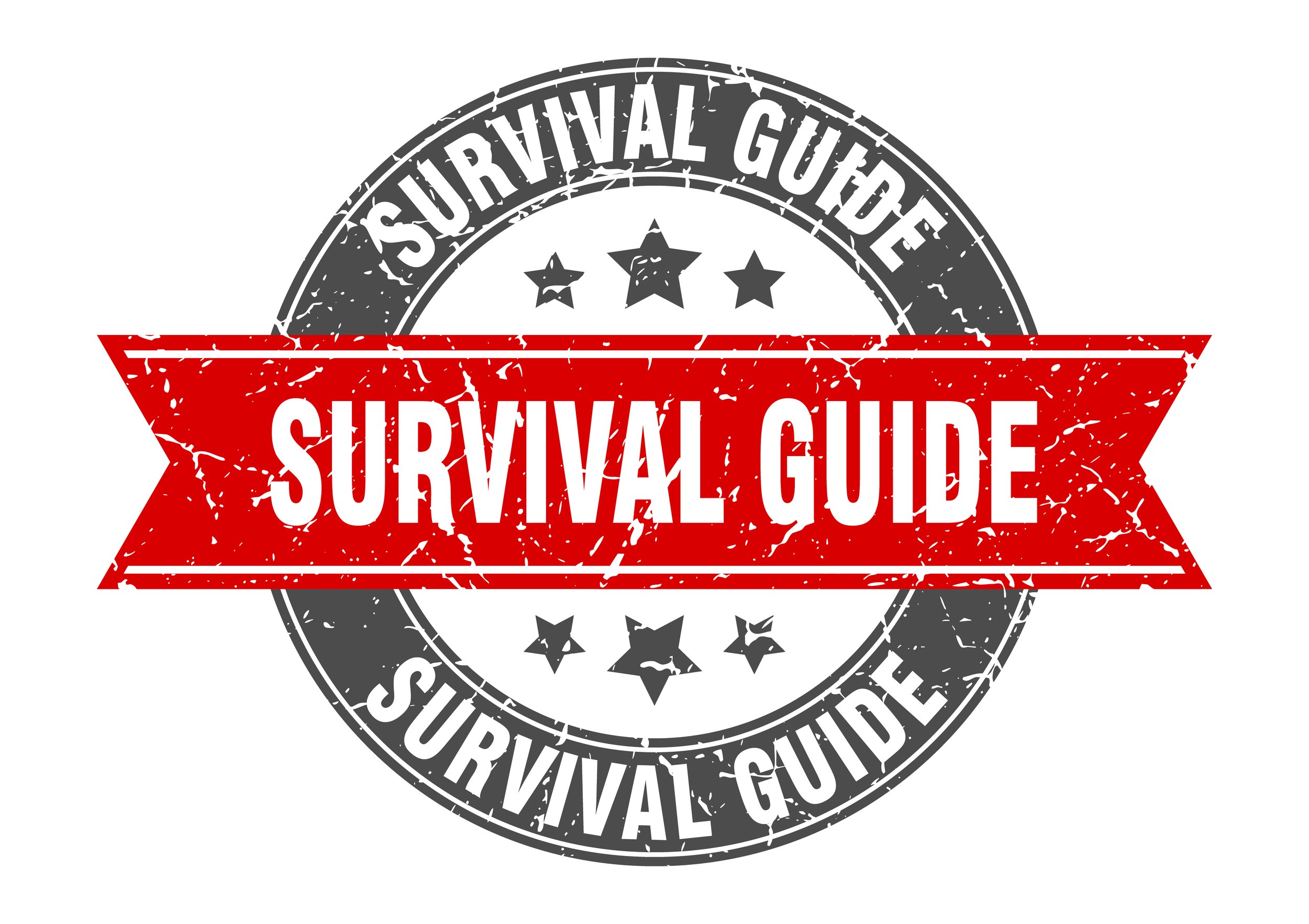Building Your Financial Plan: Get The Most Out Of Your Money With A Bullet Proof Plan!Settings
Putting all the pieces together to get a full picture of your money
Introduction
There was a quote I ran across early in my career that really stuck with me.
“If you fail to plan, you plan to fail” -Benjamin Franklin
I’ll be honest I didn’t have a formal written financial plan until very recently.
I followed the common sense approach of “spend less than you earn, and invest the rest” pretty simple right?
However as my financial situation has become more complex I’ve found that my simple approach of setting a few goals and investing as much as I could wasn’t cutting it anymore. I was over committing to my various savings goals, overlooking tax implications of multiple decisions stacked up, and a small business all added moving pieces to my financial picture.
Add a bigger than expected tax bill thanks to growing business income and some changes in my personal life, I quickly found myself chasing loose ends instead of driving my finances on a well planned path.
I needed to get organized, I needed a plan, a financial plan!
I was kicking myself for not getting organized sooner, but if you were like me just going month to month trying to save as much as possible just know your not alone!
I polled my followers on X and only 18.8% had a formal written plan.
Do you have a Financial Plan?
— Blind Luck Project (@Blind__Luck) May 31, 2024
I found this surprising since my followers are pretty finance focused, but here I am with an entire website dedicated to personal finances and I didn’t have a Financial Plan either, maybe I shouldn’t be surprised.
I’ve always been a planner, pretty organized by nature with clear set of S.M.A.R.T. Goals and a 5 year plan of where I wanted to be, but being completely honest I knew I could be doing better. While my goals were defined I found that sometimes the actions for one were conflicting with the actions I needed to be taking for another. I needed to get a plan that tied it all together in a clean actionable way.
So I decided to fix this, I’ve written business plans, investment plans, and even parenting plans.
I figured as my finances became more complex it was time to get my financial plan in order.
What is a Financial Plan?
A financial plan is a comprehensive document that outlines an individual's or a family's
Financial Goals
Current financial status
Action Items/ Strategies for achieving those goals
A financial plan serves as a roadmap of connecting your goals (where you want to be) to your currently are by providing clarity, and giving you direction on next steps.
In its best form this should be a living document that you consistently come back to with updates to current progress and adjustments as your situation changes. It’s a complete picture of where you currently are and guides your next steps with all relevant information included for informed decision making.
Benefits of a Financial Plan
A few benefits of building a financial plan from the ground up are
1 Clarity and Direction:
A financial plan provides clarity on your current financial situation and charts a clear path toward your financial goals, ensuring you stay focused and motivated.
This document should help you organize your thoughts, clearly show you where you currently are, and what steps need to be taken to get you to where you want to be.
By writing this out you also create a good comunicaiton tool to uses with others impacted by the plan.
2. Risk Management:
By assessing risks and implementing strategies to mitigate them, a financial plan helps safeguard against unexpected events such as job loss, medical emergencies, or market downturns.
3. Maximized Savings and Investments
Outlining what money is coming in and where it is going every month will help you stick to your savings plan. You should have a plan for every paycheck that comes in. how much are you saving? How much goes to car or mortage payments? How much is set aside for an emergency?
This will help ensure your hard earned dollars go where you want them to. Don’t forget to set some aside for fun too. Just because you have a plan doesn’t’ mean you don’t enjoy yourself. Just make sure the money you spend is intentional.
4. Managing Debt
A good plan should identify all of your debt, and what your plan is for them (remember not all debt is bad). Managing debt efficiently, minimizing interest payments, and improving overall financial health.
5. Retirement Planning
A complete financial plan ensures you're on track to retire comfortably by estimating retirement needs, determining appropriate savings targets, and optimizing retirement account contributions.
Components of a Good Financial Plan
As we go thru these 8 components of a complete financial plan I’d like to remind you that you can download a template I made with all of these section laid out for you from the free download section of this article. Click HERE To Get Your Free Template!
1. Financial Goals
Without goals what’s the point of building a plan? Where are you going? what do you want? Without some goals do you even care?
Clearly defined short-term and long-term financial goals provide direction and serve as benchmarks for measuring progress.
I typically break my goals down into 1 year, 5 year, and Lifetime Goals. This gives me a list of things I can work on today, things to work toward, and the lifetime goals are a good way to check in to ensure you are marching in the right direction.
Get specific, for each goal write out what the goal is in a measurable way with a specific end date.
For example one of my goals is to save $100K toward a beach house by the end of 2028. I check in on this every month to track progress and make adjustments as needed.
Some common financial goals are
Saving your first $100K
Retirement Planning
Saving for kids Education
Buying a Home
Getting out of debt
Paying off the vehicles
Building an emergency fund
Starting a business
One way I track progress toward my goals is by doing a monthly Net Worth Update. The reason is to calculate my net worth I have to get all my account balances together and it provides a total overview of key metrics such as cash on hand, retirement savings, asset/debt ratio, and special accounts that have money set aside for specific goals such as my Beach House Fund.
This makes updating progress on my goals a breeze.
2. Income & Expense Analysis
This is an accurate assessment of current monthly income, expenses, and typical cash flow patterns which lays the foundation for effective budgeting and savings strategies.
While you don’t need to budget every dollar in this step (but you certainly can use your budget here!) The goal is to get a feel for what a typical month looks like. If you only have $1,000 of free cashflow every month but your savings goals is $2,000 this step will identify that disconnect and force you to address the issue in your plan. (Increase income or reduce expenses)
If you’re income or expenses vary wildly from month to month you should separate them into “fixed” and “variable” components so you can more easily see what the bottom line will look like on a hot or slow month.
Don’t forget to include how much you are setting aside for investments every month. “Paying yourself first” is an expense as far as your month to month cash flow is concerned
As you work thru this keep in mind that net income is different than cashflow. You may find situations where you have earned plenty of money but due to the timing of pay checks or expenses you are short on cash, make sure you plan accordingly.
On the flip side don’t let expenses you haven’t paid for yet (credit cards, car payments etc) go unaccounted for just because it didn’t hit your bank account in a given month.
This section should also have a look ahead for any large expenses or income you may be receiving in the next 90 days or so. Make sure to have a plan clearly identified for these.
Some common periodic income or expenses you may want to include in your look ahead:
Income:
Holiday Bonuses
Tax Refunds
Side hustle
Think about how this additional income should be allocated toward your varous goals ahead of time
Some common large periodic expenses are:
Lump sum insurance payments
Yearly tax bill
Tuition Bill
Regular car maintenance (Tires, breaks, 30K servicing etc.)
Regular home maintenance (paint, furnace, water heater etc.)
These periodic expenses should not be surprises even if we don’t know exactly when some of them will happen we know they will happen. Identify them ahead of time and set money aside as needed so you’re not dipping into your emergency fund unnecessarily.
3. Investment Allocation & Strategy Review
Outline your investing strategy, this should include how much you plan to contribute to your investment accounts and at what intervals, If you’re retired you’ll likely be evaluating how much and how frequently you want to withdraw from your investments.
Part of financial planning is establishing what assets you want to invest in such as stocks, bonds, real estate, or something else. This asset mix will vary based on your your risk tolerance, time horizon, and financial goals. Personally I use a simple 3 Fund Strategy, which I rebalance once per year. Your needs may be different than mine, just make sure you include the relevant details in your plan so you stay on track.
Ideally you’ll have a target percentage of your net worth you are comfortable holding in each asset type you pick. You can change this allocation mix over time as your needs change.
Since asset values can change significantly over time it is important to review your allocations on a regular basis if the asset mix gets too far away from your ideal target goals you’ll need to rebalance as needed.
Ideally your plan will clearly specify what your desired target allocations are and the frequency of rebalancing.
4. Insurance Coverage
This section should list your different insurance policies, what they cover, what they cost, and when they need to be renewed/ let expire.
Adequate insurance coverage, including health, life, disability, and property insurance, protects against unforeseen events and minimizes financial risk. This becomes increasingly important as your net worth grows as the more you’re worth the more you have to lose.
I think long term disability insurance is one of the most overlooked categories here. It’s relatively cheap for the coverage you get. To learn more about it’s benefits and how it works check out my post on Long Term Disability Insurance – Clams Process
Conversely you may find after life changes you are over insured and may be able to reduce costs by dropping unneeded coverage. By periodically reviewing your coverage you have the opportunity to make these cuts.
5. Tax Planning
This is the area that was tripping me up and drove me write a financial plan. Between moving funds between retirement accounts and income from my business I had picked up a pretty fat tax bill.
Outlining what your expected taxes are and how different actions may increase or reduce your tax bill can save you a ton of money!
This portion of the plan should clearly identify any actions you plan to take that may have tax implications. You should also identify what tax bracket you are in 2024 IRS TAX BRACKETS.
2024 Tax Brackets (IRS.Gov)
Strategies to minimize tax liabilities through efficient tax planning, include retirement account contributions, tax-deferred investments, and tax-efficient asset placement. A good CPA can be well worth the cost in this category.
Also keep in mind, it may be advantageous at times to incur taxes such as capital gains in years you are in a lower tax bracket than normal, so you pay less in years where you find yourself in a higher tax bracket
6. Estate Planning
I know we don’t like to talk about dying, but you know what they say… only 2 things in life are certain, Death & Taxes!
This section should have a list of all documents, such as your will, trusts, life insurance policies, and any accounts with assigned beneficiary, along with when they were last updated and when they should be reviewed.
This provides a complete picture so you can easily identify when changes need to be made as your financial situation changes over time.
7. Risk Review
I put this section last because by the time you’ve worked thru the other sections you should have a clear idea of your current financial situation.
In this section you should write out some of the top risks to your financial plan and some mitigation strategies’ you can use to minimize the impact they may have to your goals.
Common risks are:
Extended Job Loss
Health Emergency
Rough Market Conditions
Theft / Scams
While you won’t be able to protect yourself from every conceivable risk you can take steps to ensure common risks are mitigated in a way to minimize their impact to your long term financial goals and health.
Common risk mitigation strategies’ include
6 Month Emergency Fund
Regular Credit Checks
Ensuring proper insurance Coverage
Monitoring Portfolio Allocations
Locking Unused Cards
8. Take Action
All this planning is a waste of time if it doesn’t translate into action when action is needed! now that you’ve reviewed your current financial state, what actions are needed next to make progress toward your goals you outlined above? Write them down and add an estimated completion date to hold yourself accountable!
If you’ve made it this for in the article but haven’t written your plan out, start today with our free templates!
When Should You Write a Financial Plan?
The best time to create a financial plan is as soon as possible.
Whether you're just starting your career, getting married, buying a home, or planning for retirement, having a financial plan in place ensures you're making informed decisions and optimizing your financial resources.
One of the benefits of having a comprehensive plan is the foresight it gives you when making decisions today to ensure optimal execution on all goals.
If your just stating out don’t be intimidated it can be as simple as one page that clearly states your goals, current financial status, and 2-3 things you want to do next, as your finances, family, and goals grow you can add to the plan as needed.
The key thing is you have all the information you need in one place so you can make more informed decisions.
Importance of Communicating the Plan
The best laid plans don’t mean anything if you don’t tell anyone! Now I’m not telling you to advertise to the whole world what you’re plan is. But key people in your life such as your spouse, financial advisor, and CPA should be aware of your goals/ next steps are. They can help you execute on the plan or provide feedback on how to avoid costly mistakes or suggest changes that might simplify your life.
Communicating your plan and getting consensus will everyone involved will help you ensure everyone is working from the road map.
This process is ongoing and you should check in regularly to update your plan and relevant people in your life of any changes that are needed and what the next actions are.
Template Downloads
As part of my comprehensive financial planning I developed a template you can use as a starting point for writing your own financial plan and a net worth tracking tool to help you keep track of your assets and liabilities to make it easier to update.
Disclaimer: I am not a financial advisor I am simply sharing what I am doing to give you ideas of how you may want to start.
Downloads:
Conclusion
While I had some good goals and general direction well thought out for my personal finances I found that it was taking a lot of my mental energy trying to keep all the moving pieces on track, understanding the tax implications of multiple changes, and if everything had been accounted for in my estate planning.
This process helped me get clear on where I’m at, and what I need to do to ensure I get to where I want to be.
Also by writing down my financial plan it is much easier for me to share with others and get agreement to ensure we are working together and not in a haphazard way.
Finally I want to leave you with this clip from the movie “The Gambler”. It’s a Mob Boss going over the importance of FU Money. I wrote an article on FU Money, but I’m sharing this here because it highlights the importance of a plan. When you have a plan you are in charge!
































